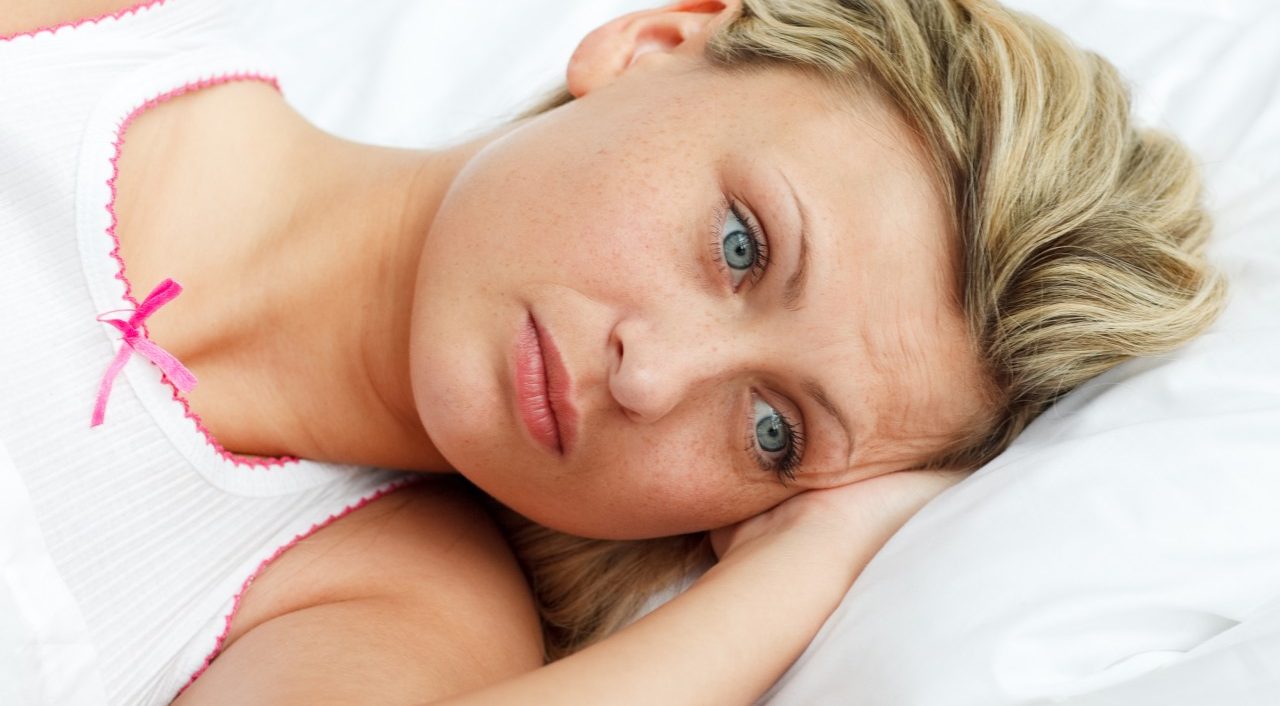What Anxiety Feels Like

You may be restless, easily startled, and unable to concentrate on anything other than your worries. You may have stomach problems. You may be unable to sleep or relax.
Everyone worries from time to time or feels stress about work and family obligations.
For some people, however, their feelings go beyond stress and worry, becoming something that feels out of control. Thinking about things that could go wrong, or worrying over upcoming and tasks, keeps them from getting through the day and prevents them from sleeping.
If that sounds like you, you may be suffering from anxiety.
YOU MIGHT ALSO LIKE: How Anxiety Affects Your Health
Anxiety is the most common mental health disorder in the United States. According to the Anxiety and Depression Association of America (ADAA), more than 40 million adults suffer from some level of anxiety disorder.
Anxiety is treatable, but less than one third of the people it affects seek help. That’s because many adults — and even more children — don’t know the signs of anxiety or how to tell when those feelings are different from normal worry.
Symptoms of anxiety
Anxiety, according to the National Institutes of Mental Health, may start out feeling like normal stress over everyday concerns, but it quickly spirals out of control. You find yourself worrying more than you know you should. You spend large portions of the day feeling restless, easily startled, and unable to concentrate on anything other than what worries you.
You may be unable to sleep or relax. People with anxiety often go to the bathroom frequently, suffer from headaches or stomach pain, or develop twitching and knotted muscles.
If you are having an anxiety attack, you may feel panicky, dizzy, or lightheaded. Your heart may begin to race while you sweat or develop clammy hands. Your worry and fear may become paralyzing, preventing you from doing anything positive to control the situation.
You might feel none of those specific symptoms but simply be overwhelmed with worry, spending all of your time thinking about what needs to happen and what can go wrong.
All of those symptoms may be signs of anxiety, which can make the disorder difficult to diagnose. The common thread in all forms of anxiety, however, is uncontrolled worry that takes over your thinking.
If you find yourself unable to go about your everyday routine because of the time you spend feeling anxious and worried, you may be suffering from anxiety.
YOU MIGHT ALSO LIKE: Will Anxiety Give You Dementia?
Anxiety disorders
In addition to generalized anxiety, more specific anxiety disorders manifest in different ways.
Panic attacks, sometimes called panic disorder, are sudden, intense periods of fear that are mentally and physically overwhelming. They often include:
- Heart palpitations
- Shortness of breath
- Shaking
- Sweating
- A feeling of impending doom
The ADAA reports that 6 million adults in the U.S. experience panic attacks. Approximately two-thirds of them are women.
Social anxiety disorder affects even more people, approximately 15 million American adults. It is equally common among men and women, and most people begin to show symptoms around age 13. Symptoms can include:
- Feeling afraid of talking with other people
- Fear of social situations
- Feeling nauseated or sweaty when you think about interacting with other people
- Staying home to avoid social interactions
Anxiety disorders are sometimes related to specific life events. Research has found that pregnant and postpartum women can suffer from anxiety-related problems even if they do not experience symptoms at other times in their lives. Though researchers don’t know how many women experience pregnancy-related anxiety or exactly what triggers it, studies have found that anxiety can create health risks for both mothers and babies.
Anxiety is also strongly related to depression, and nearly half of people diagnosed with depression are also diagnosed with an anxiety disorder.
If you or a loved one shows symptoms of an anxiety disorder, talk to a doctor to receive a diagnosis and learn about treatment options. A variety of resources, medications, and behavioral therapies can help you manage your condition and take control of your everyday life.
Updated:
July 21, 2023
Reviewed By:
Christopher Nystuen, MD, MBA